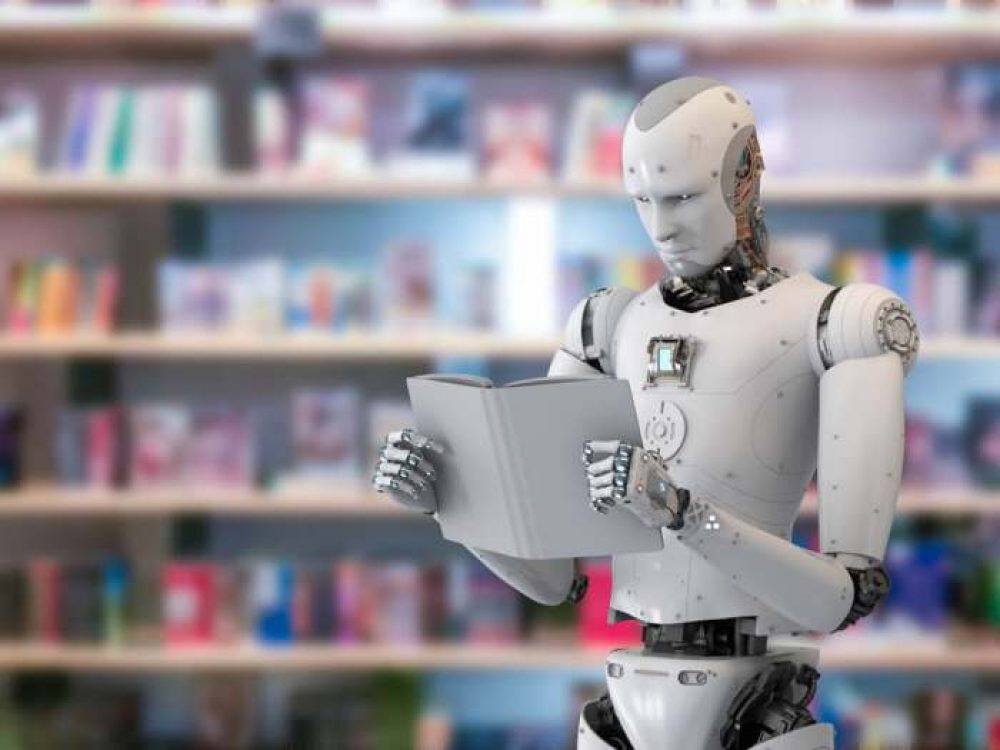
Do Androids Dream of Electric Sheep?: The inspiration for the films Blade Runner and Blade Runner 2049
36 used from $4.42
Free shipping
First published in 1968, Do Androids Dream of Electric Sheep? is perhaps Philip K. Dick’s best-known novel and one of the fan-favorite sci-fi classics. It’s the basis for the blockbuster film Blade Runner, directed by Ridley Scott and featuring a star-studded cast of Harrison Ford, Rutger Hauer, Sean Young, and Edward James Olmos
The novel narrates the tale of Rick Deckard, a bounty hunter whose job is to locate and “deactivate” androids that are suspected to have escaped the outer colonies. It is set on a not-so-futuristic Earth, in which the planet has been ravaged by events of an apocalyptic World War II (aka WFT, which is short for World War Terminus).
Most of the remaining human survivors have relocated to other planetary colonies, with only Mars being mentioned explicitly. The ruling government is pro-migration to colonies on other planets, since only very few humans are still on the Earth, most of whom are people who don’t have the essential IQ to relocate – hence their moniker “chicken heads.” One of the most famous such lampoons is John Isidore, who later offers a safe refuge to a trio of Nexus-6 androids being pursued for “retirement.”
Owning an animal, which is a status symbol in the post-apocalyptic world, is a top priority for Deckard, so he can establish his stature in society. Unfortunately, flora and fauna are incredibly valuable and rare in the aftermath of the nuclear cataclysms.
His dream of becoming an animal owner is put on hold after he’s given the assignment to hunt and “retire” 5 Nexus-6 androids, which are the most advanced kind of androids so far. The reason for this is that one of the Nexus-6 androids is being sought for injuring his superior. With super intelligent and skilled Nexus-6 androids, the job proves not to be smooth sailing for Deckard, who on several occasions almost met his fate.
Dick’s Do Androids Dream of Electric Sheep? begins slowly, which may be a slight turn-off for fast sci-fi readers. In fact, Dick uses the first 50 or so pages to give you some background details and set the scene, only getting into the meaty parts after pages 54.
If you’re anything like the best of us, you’ll love the way the story increases the pace gradually and flows smoothly from scene to scene. Dick will certainly keep you on the edge of your seat with totally unexpected plot twists. For instance, when Rick is taken in by the pseudo bounty hunters, the readers sure have no clue about what’s actually happening.
In this manner, the prolific author manages to transform an otherwise dull, uneventful scene into a life-altering moment for Deckard, in just a few lines. In our humble opinion, we think that’s definitely why Philip has managed to churn out some of the best post-apocalyptic, fantasy, and dystopian novels.
At the heart of the story, Do Androids Dream of Electric Sheep? is more of a prophetic novel than it touches on other sci-fi sub-genres. But that would be doing the author a disservice to regard the book as simply the prophetic narration of Dick’s obsession with futuristic ideas. As a matter of fact, this is an excitingly human piece.
The plot may seemingly follow Rick’s attempts to find and retire the escaped Nexus-6 androids, but it is not so much the success of this mission that’s important. Rather, what matters the most is the author’s philosophical examination of what it really means to be dead or alive.
Another interesting thing that you’ll find out about the book is the fact that the author manages to generate a civilian setting and human atmosphere. This kind of ambiance often lacks in most other science fiction works. For example, Philip manages to put together a plausible post-apocalyptic society by creating both a TV show and a fake religion.
Also, if you’re a big fan of rhetoric questions, you’ll find a boatload of them in this novel. It may be an underlying current for some readers, though, as the author loves posing questions. What is fake? What is real? Good thing, Do Androids Dreams of Electric Sheep doesn’t seem to go overboard with this, like some of his other novels like Ubik. These questions lend an unusual appeal to the book and take flight from the conventional clichés of science fiction novels, which makes it one of the most interesting reads.


 Amazon.com
Amazon.com 







